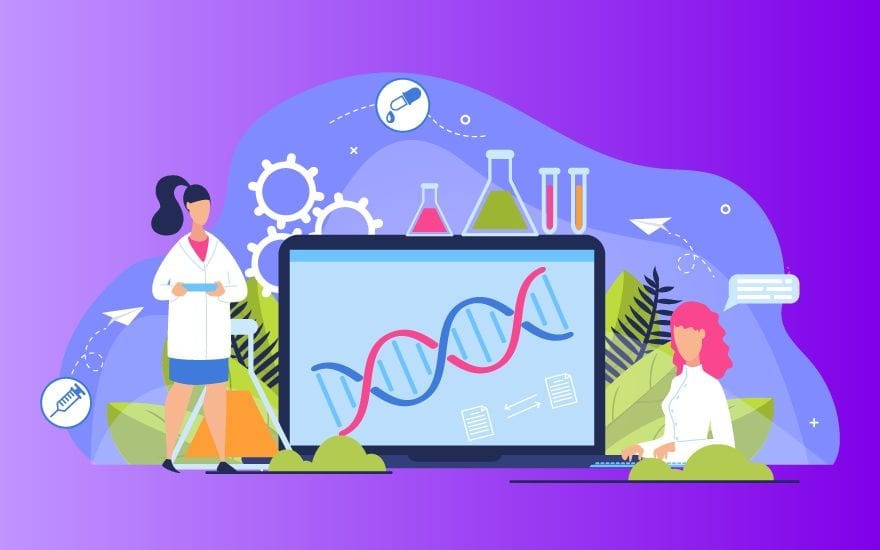What All One Can Learn Lifelong From Biology As A Hobby
enjoy your biology class, like nature, animals, or plants, have an interest in medicine, or simply feel lots of curiosity about living things?
If so, you may be thinking about focusing on or majoring in biology. But you may also have some questions about biology as a career. Would you spend all your time in a lab, or marching through tropical jungles? Would you be able to make a living, and would your work help others and make a difference in the world? the answers depend a lot on exactly what you choose to do with your biology expertise! A biology background can be the gateway to many different careers, including various areas of research (such as biomedicine and ecology) as well as many non-research careers, such as teaching, science communication, and public policy. seeing examples of careers in biology and getting a sense of just how many different things you can do with this fascinating subject!

Biology Being The Key To Many Doors:
- Doctor, nurse, physician’s assistant, genetic counselor
- Conservation ecologist, environmental advocate
- Laboratory or field researcher at a university or institute
- Science writer (freelance, or as part of a company or non-profit)
- Drug development researcher, biomedical device engineer
- Food scientist or agricultural expert
- Teacher, professor, outreach coordinator
- Science policy advisor to the government or elected officials
That’s just a small sampling of the many possibilities!
How To Take Your Interest Further In The Subject:
Whatever job it is that interests you, it’s likely that there are some people in your community or nearby areas who are working in a similar role.
- Consider emailing some of those people, introducing yourself, and asking if you could chat with them to learn more about their job. (This is called an informational interview).
- You can even ask if they’d be willing to let let you do a job shadow, where you follow them around for a short period, such as a day or a week, to see what their job is actually like “on the ground.”
Make sure to be very polite when you contact someone for an informational interview or job shadow, and understand that some people may not have the time or ability to help you out. If you keep trying, though, you’ll likely find someone who can share their experiences (and may even become a mentor!).
Look for opportunities to get your toes wet in your chosen area.
Getting this kind of experience is valuable for two reasons
: 1) it will help you learn skills and make professional connections, and
2) it will help you figure out if the career is actually something you enjoy and would want to do in the future.

BIOLOGY: DIY
Do-it-yourself biology is a rather recent phenomenon and can be described as the pursuit of biology outside of scientific institutions by amateurs, students, “hobbyists”. As the “do-it-yourself” movement usually associated to home improvement, the idea is here also to build and create things oneself without the direct help of specialists. Even though modern scientific challenges like synthetic biology are much discussed, the practice of DIY synthetic biology is very modest at this time. Instead, when doing wetlab work, DIY practitioners tend to focus on getting basic molecular biology protocols to work in their own settings. It is clear that individuals in the community do want to do more complex wetlab work, demonstrated by the presence of “Synthetic Biology crash courses” in DIYbio labs like Genspace or Biocurious. DIY biology practitioners are currently foremost working towards creating and tinkering with scientific hardware, software and experimental protocols. And it is by creatively designing and redesigning equipment and protocols that DIY biology can foster new scientific practices







